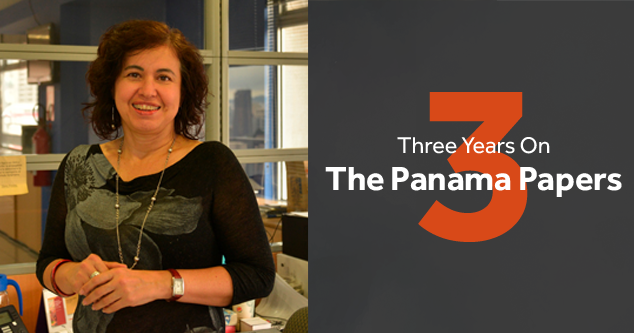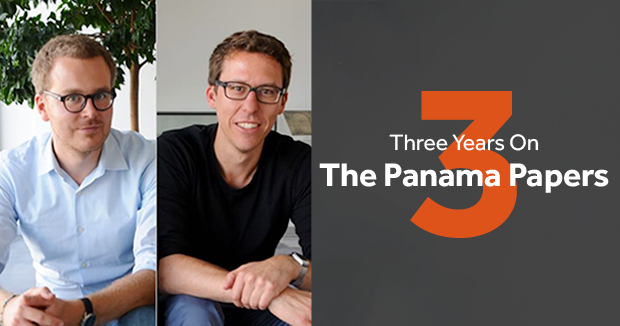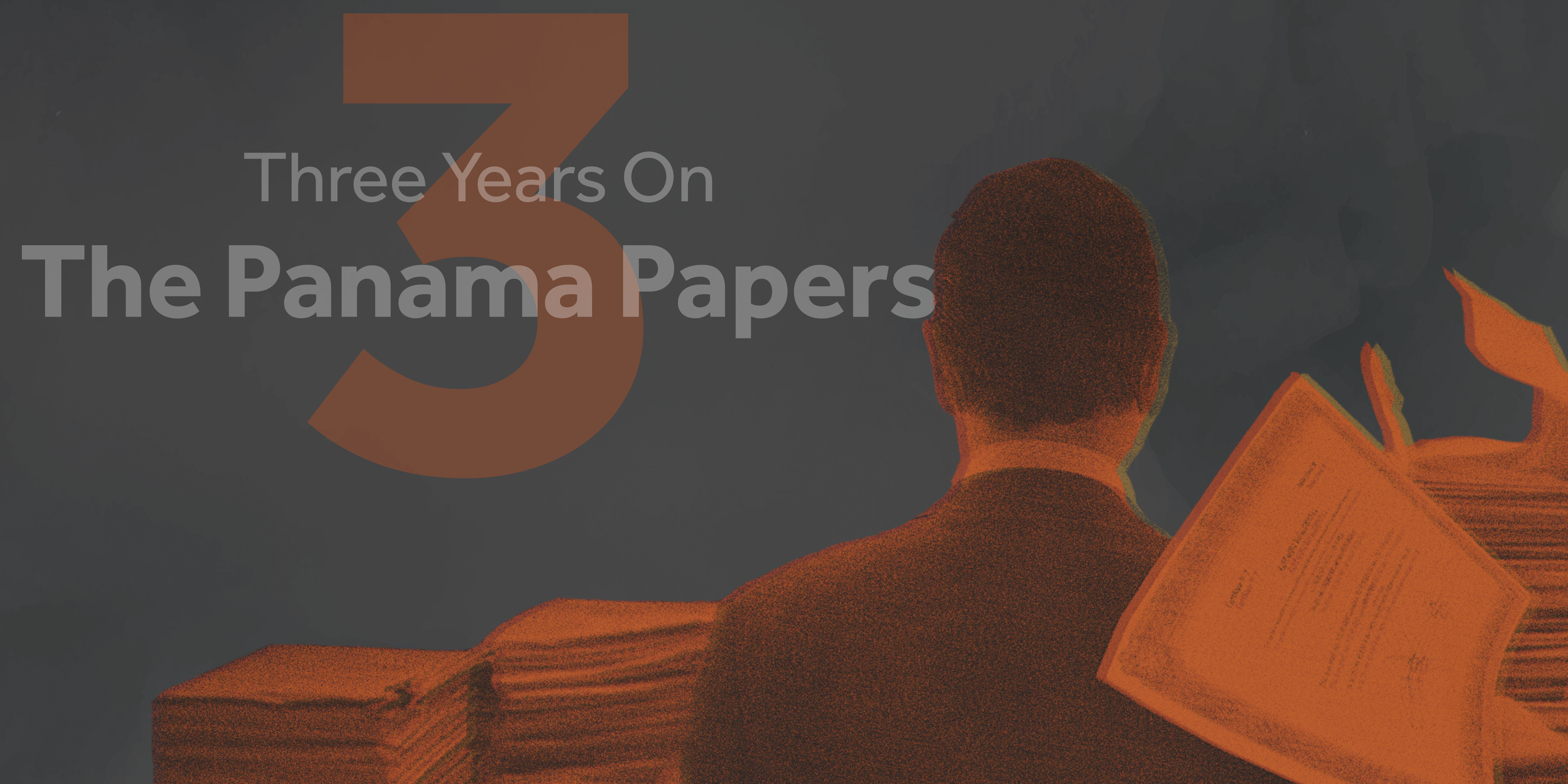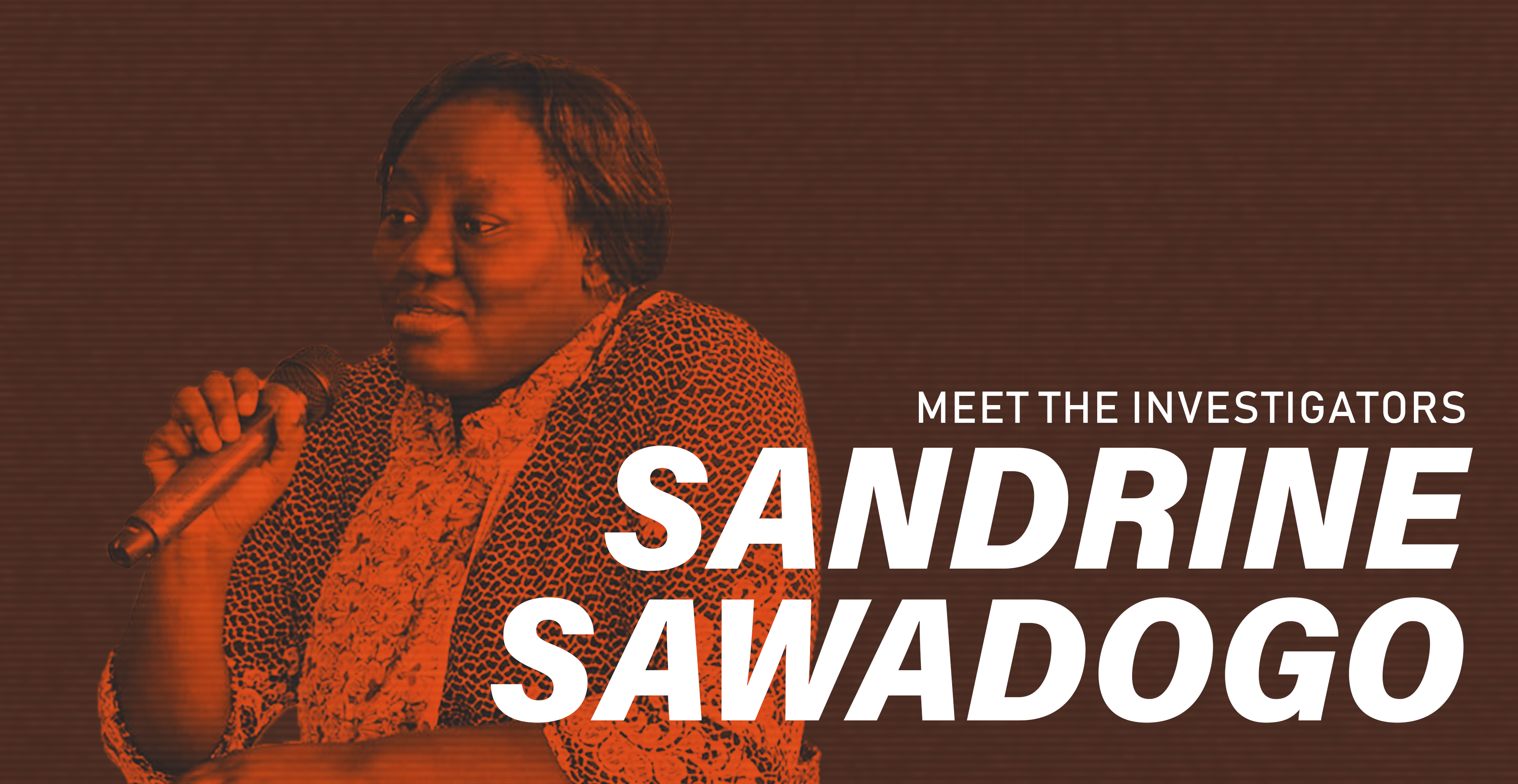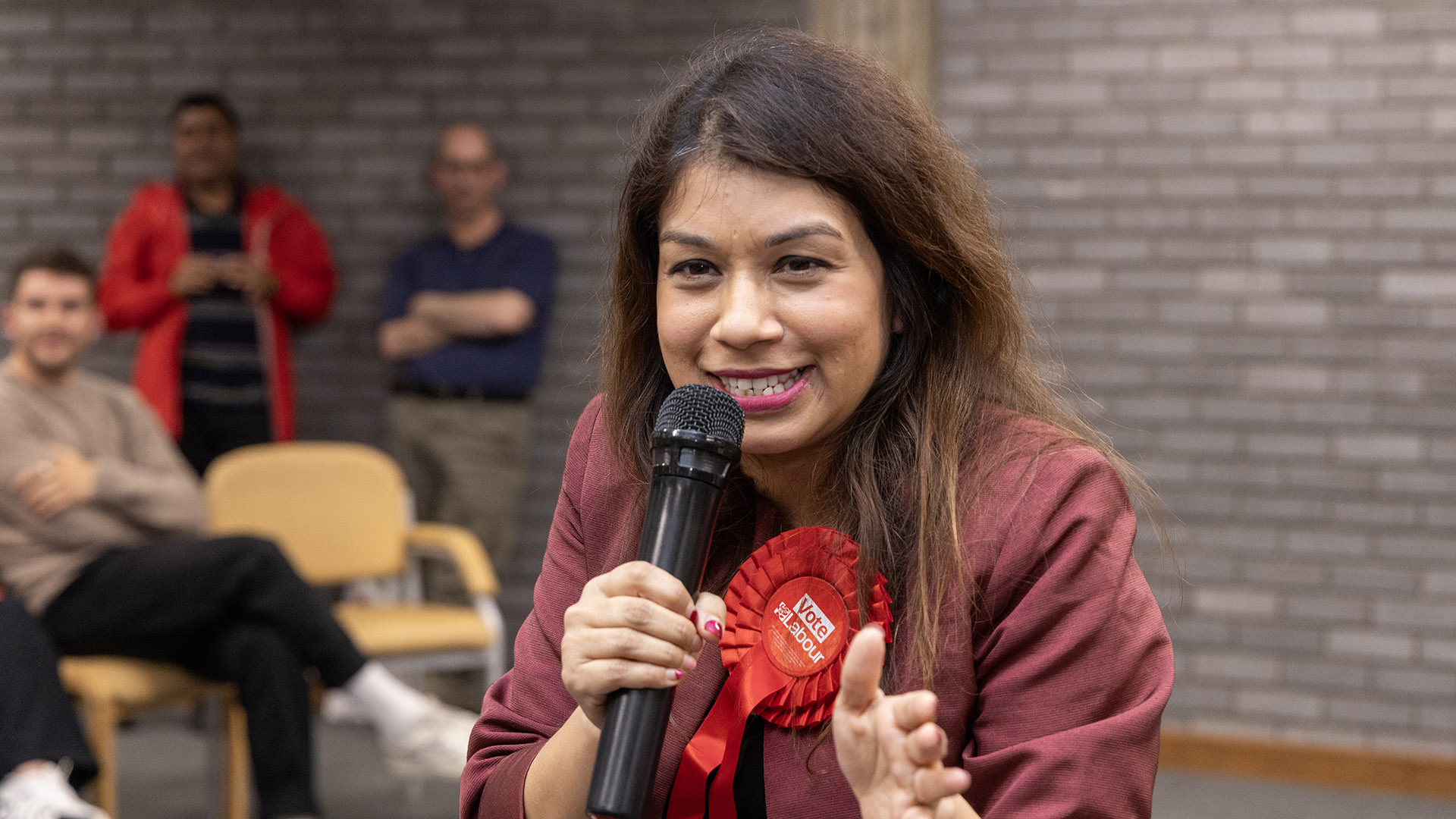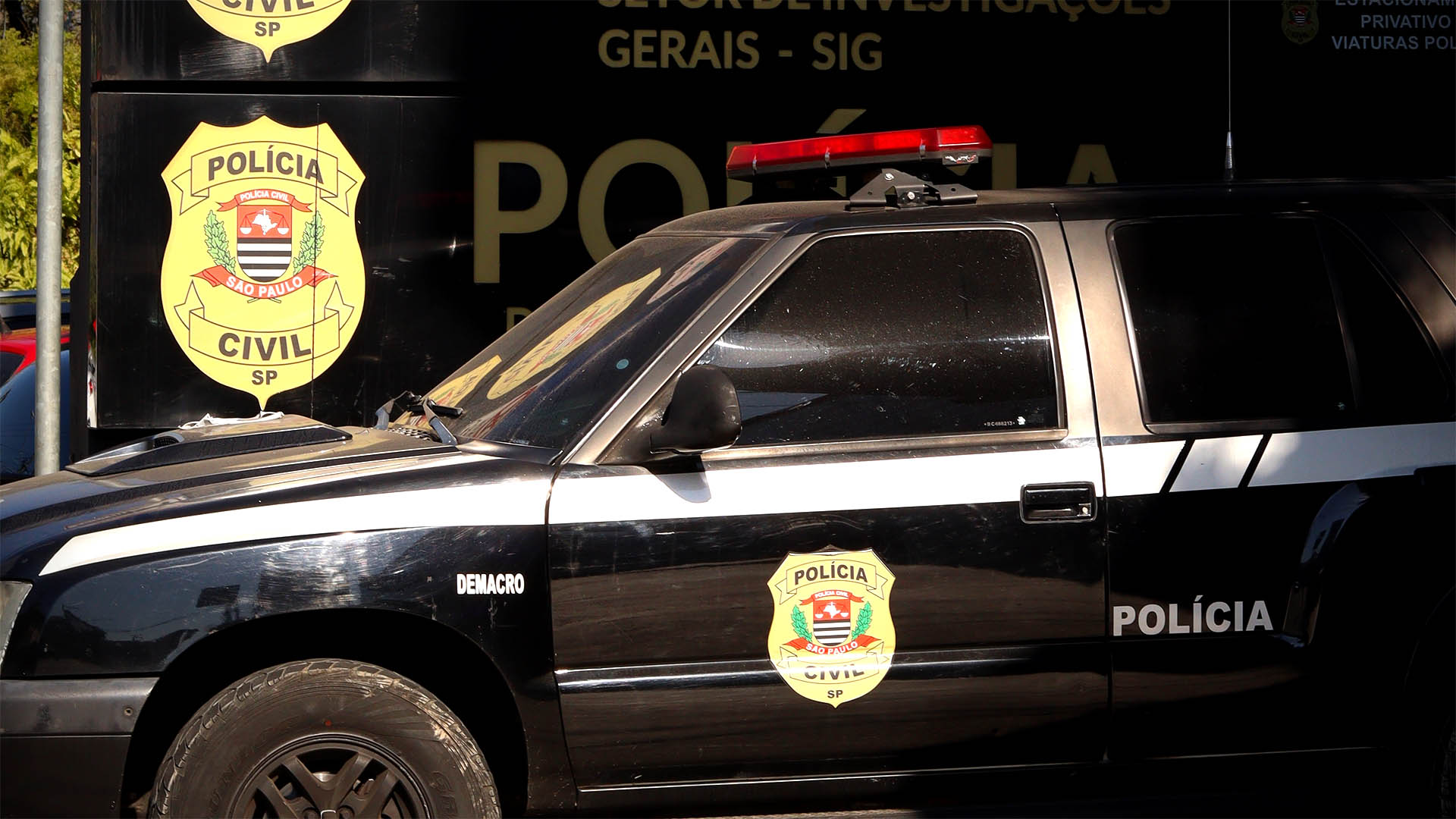To celebrate the third anniversary of the Panama Papers we’re speaking with reporters from around the world about the investigation each week.
Three years ago, when the Panama Papers broke in Ecuador, the then president Rafael Correa revealed the Twitter accounts and pictures of all the Ecuadorian journalists who were part of the project, asking people to demand the 11.5 million files from them. The reporters uncovered a bribery scheme linked to the state oil company Petroecuador, fraud in the construction sector, the use of Panamanian companies by Ecuadorian politicians, among other findings. In the end, it was an earthquake that stopped the threats they were facing.
We spoke with the International Consortium of Investigative Journalists’ member Monica Almeida, who was part of the Ecuadorian team about the lasting impact of the 2016 investigation:
What were the most relevant Panama Papers stories for Ecuador?
We had and still have stories. The Panama Papers are like a mine where we always find gold nuggets. In the oil sector, we uncovered a bribery scheme set up in the state firm Petroecuador, which is now also being investigated in the United States and Panama.
In the construction sector, we uncovered the forgery of technical studies to generate fake invoices worth tens of millions of dollars by foreign companies who had business with the Ecuadorian government.
We also found the then Ecuadorian Attorney General using a Panamanian company to hide the ownership of a disputed house in a gated community near Quito, plus the then Ecuadorian ambassador to Panama doing the same to hide property in Miami he hadn’t declared to authorities in Ecuador.
At the end of 2016, when the Lava Jato corruption investigation expanded through Latin America because of the Brazilian construction firm Odebrecht, we discovered that three of the seven companies related to bribes in Ecuador were registered by Mossack Fonseca.
We are currently using the data for another investigation on contractors. We’re still mining the Panama Papers.
What were the main challenges the investigation brought to you and the Ecuadorian team and how were they faced?
When you search for the word ‘Ecuador’ in the Panama Papers, you get more than 160,000 results. In the beginning, I felt that we could never carve out comprehensible patterns. But we did.
Based on ICIJ’s public database, the Ecuadorian tax authorities have identified more than 2,000 offshore firms related to Ecuador, but there are many more.
We had to be persistent and patient enough to find good clues, then to read all the files related to those clues and organize the information.
Then came the real challenge: we had to get all the documents, interviews and evidence from the outside world to match what the papers were telling us, only then would our stories become real. At that time, public officials rarely gave interviews to journalists, and it was very difficult to get documents too, so we had to wait and wait to make progress.
All this was done in complete secrecy, only three other people at El Universo knew about it and we never exchanged emails or talked on the phone about the project. ICIJ had told us to be careful but we were also afraid of the government and its surveillance.
President Rafael Correa had declared the independent press his main enemy and we knew that was not an idle threat. In 2013, and with a new reelection victory, Congress approved the Law of Communication (we called it a “gag law”) that regulated what the media can print or broadcast and created a special judge for the media. One of the lawyers said to me: “Forget about the ‘gag law’, you can get three years in jail because of the Penal Code.” Things before publication were not easy.
Our protections were the quality of our work and working together with hundreds of journalists working through ICIJ.
How was the investigation received in Ecuador?
Those days were like being on a roller coaster. The public and our colleagues applauded our efforts to put all the pieces together in our stories. We also translated and republished relevant stories and videos from other countries. We’re proud of being part of the Panama Papers.
A few days after we published our first stories, a senior government official said the Panama Papers had proven that the Ecuadorian government was one of the most honest ones in the world.
At the same time, the president used a press conference to reveal the Twitter accounts and pictures of all the journalists who worked on the project in Ecuador (there were three from El Comercio too) and asked his followers to pressure us to hand over all the documents that were part of the Panama Papers. I don’t have Twitter – you can understand why – so he put my photo out and said something like ‘the people should find this woman.’
The journalists started to receive insults and threats on Twitter and Facebook. I had to ask our reporters, Xavier Reyes and Paúl Mena Mena, to take some personal security measures while insisting they stay calm.
From the Ecuadorian Embassy in London, Julian Assange also attacked the publication saying it was financed by the United States because of one of the media partners.
The Government called for public protests against the media, too, but there was only one demonstration – and it attracted less than 20 people. The protestors yelled “corrupt media” and “give all the papers.”
Then, the government (through Congress and the Citizen Council) requested all the journalists come to see them and asked us once again to give them all the documents. None of us went. El Universo’s team sent them a letter explaining that we didn’t have the papers, citing the Constitution and the International Human Rights legislation that protects journalists.
Then on the evening of April 16th (13 days after we first published), a huge earthquake hit the north coast of Ecuador. I was at the office working on the Panama Papers because we hadn’t run the stories about Petroecuador yet. The devastation was huge. We had to halt our Panama Papers coverage until May. The government didn’t call us again, everyone was busy with the tragedy.
What has been the biggest change in your country since the Panama Papers?
I think the Panama Papers affected the government’s credibility, especially its motto: ‘clean hands and passionate hearts.’
The government prepared a strategy to tackle any possible damage. Besides wanting all the archives, it decided to lead a world campaign against tax havens. In July 2016, the president announced a referendum for the next year on whether all elected authorities and public officials should be banned from owning companies or holding investments in countries considered tax havens by Ecuador (Delaware is not in the list). It was approved with 54% of the vote.
And in November 2016, Petroecuador eliminated the clause “business specific activity” (giro específico del negocio) that was used to allocate million-dollar contracts without any tendering process.
The law that obliges Ecuadorians to declare their wealth if a single person has more than $250,000 and a couple $400,000 was approved in 2009. Days before leaving office in 2017, Correa decided to pardon all the people who had hidden their wealth in their annual declaration between 2010 and 2016, so they could make new statements without paying back taxes and fines. Many of these people had their wealth in tax havens.
In October 2018, Ecuador became a member of the Global Forum on Transparency and Exchange of Information for Tax Purposes.
I don’t think Ecuador has taken enough measures to tackle corruption and the use of tax havens to hide or launder money. One can see it in the second part of the Panama Papers (2018), many people just changed Mossack Fonseca services for those of another company. I hope one day I will see honesty winning the battle.
What were the most important journalistic lessons learned while investigating Panama Papers?
The first one was to work in a huge team like ICIJ. I had worked with five or six journalists at one time previously but had never before shared a platform with hundreds from around the world. We shared findings and stories. Generosity is important but so, too, is keeping silent about the project before publication.
I also learned that one has to be organized to go through so many files, as it saves you time and energy. Everyone can find her own organization method.
The other lesson is that these subjects are complicated. Behind the documents, the shell companies and bank accounts there are people and that’s the story we have to find and tell our audience.
What are the most interesting topics for you and Ecuadorian journalists post Panama Papers?
The Panama Papers helped us to think in a different way about corruption, tax evasion and money laundering. These are issues we still cover. Socioeconomic inequalities, worsened by corruption, are another topic we would like to work on.
